
Breast Reconstruction is a surgical procedure designed to restore the shape and appearance of the breast following a mastectomy or lumpectomy. Several techniques can be used in this surgery, including implants or the patient’s tissue (autologous reconstruction). The choice of method depends on the patient’s needs and medical conditions. Breast Reconstruction aims to create a natural-looking breast contour, often involving multiple stages to achieve the desired results.
Breast Reconstruction is for individuals who have undergone breast cancer surgery or have significant breast deformities due to other conditions. Patients typically see initial results immediately after surgery, with outcomes becoming apparent over several months as swelling subsides and tissues heal. The results of Breast Reconstruction are long-lasting, providing patients with improved symmetry and a more balanced appearance. To explore your options for Breast Reconstruction, book an appointment at Layton Aesthetic Plastic Surgery in Kerrville and Houston, TX.
Restores breast shape and symmetry
It helps clothing fit better
Improves body image and self-esteem
Personalized to meet individual needs
Offers a choice between implants and autologous reconstruction
Long-lasting results
It can be done immediately after mastectomy or at a later time
Enhances quality of life
Reduces the need for external prosthetics
It can be combined with other reconstructive procedures
Those who have undergone a mastectomy or lumpectomy and are in good overall health are good candidates for Breast Reconstruction. It’s important to have realistic expectations and a positive outlook.
Initial results are visible immediately after surgery, but outcomes will take several months as swelling decreases and tissues heal.
The results are long-lasting, but it’s important to keep a healthy lifestyle and follow your surgeon’s aftercare instructions to preserve the outcome.
The recovery period varies depending on the type of reconstruction. Common side effects include swelling, bruising, and discomfort, which usually subside over time.
Before surgery, follow your surgeon’s instructions, which may include medical evaluations and stopping certain medications. After surgery, follow post-operative care guidelines, attend follow-up appointments, and avoid strenuous activities until cleared by your doctor.
During the treatment, your surgeon will perform the chosen reconstruction technique, which may involve implants or tissue transfer. The procedure is done under general anesthesia and may require a hospital stay. Multiple stages may be needed to achieve the final result.
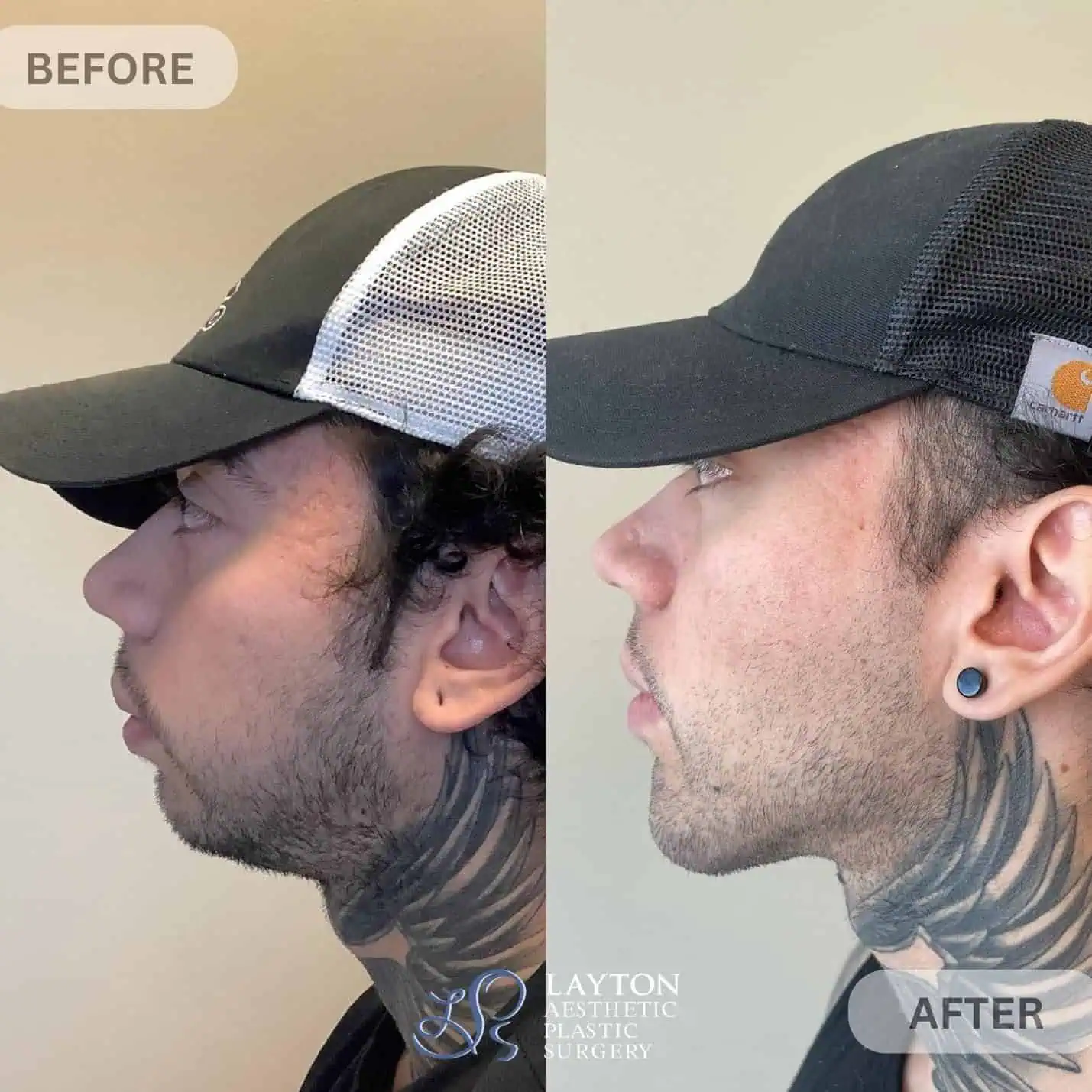
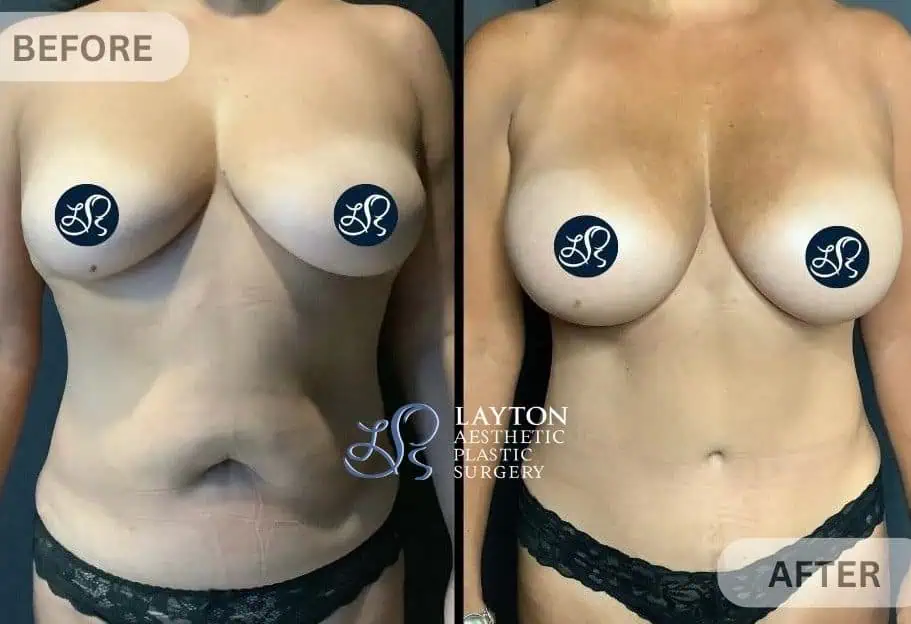
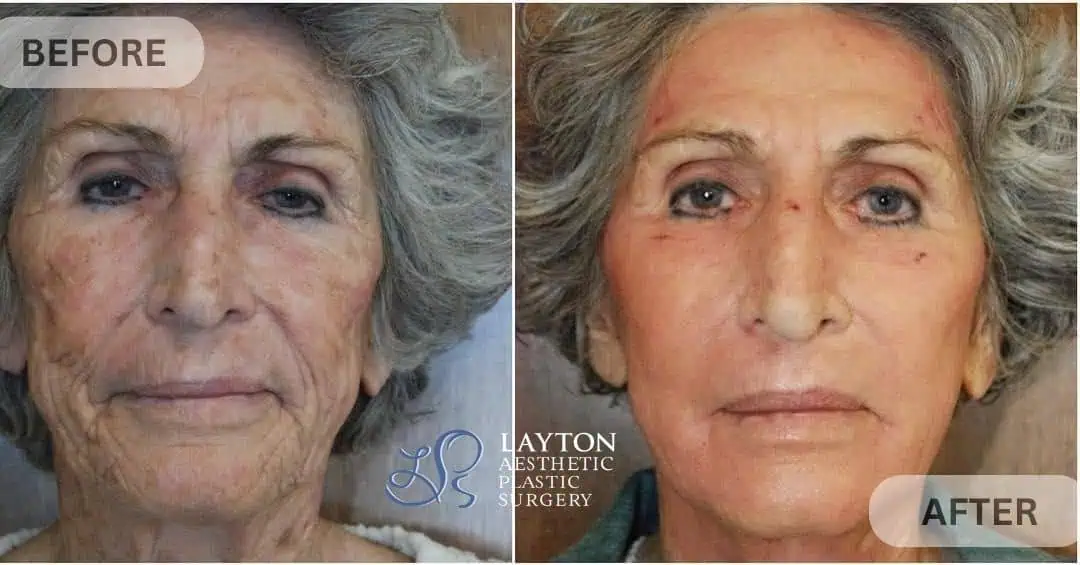
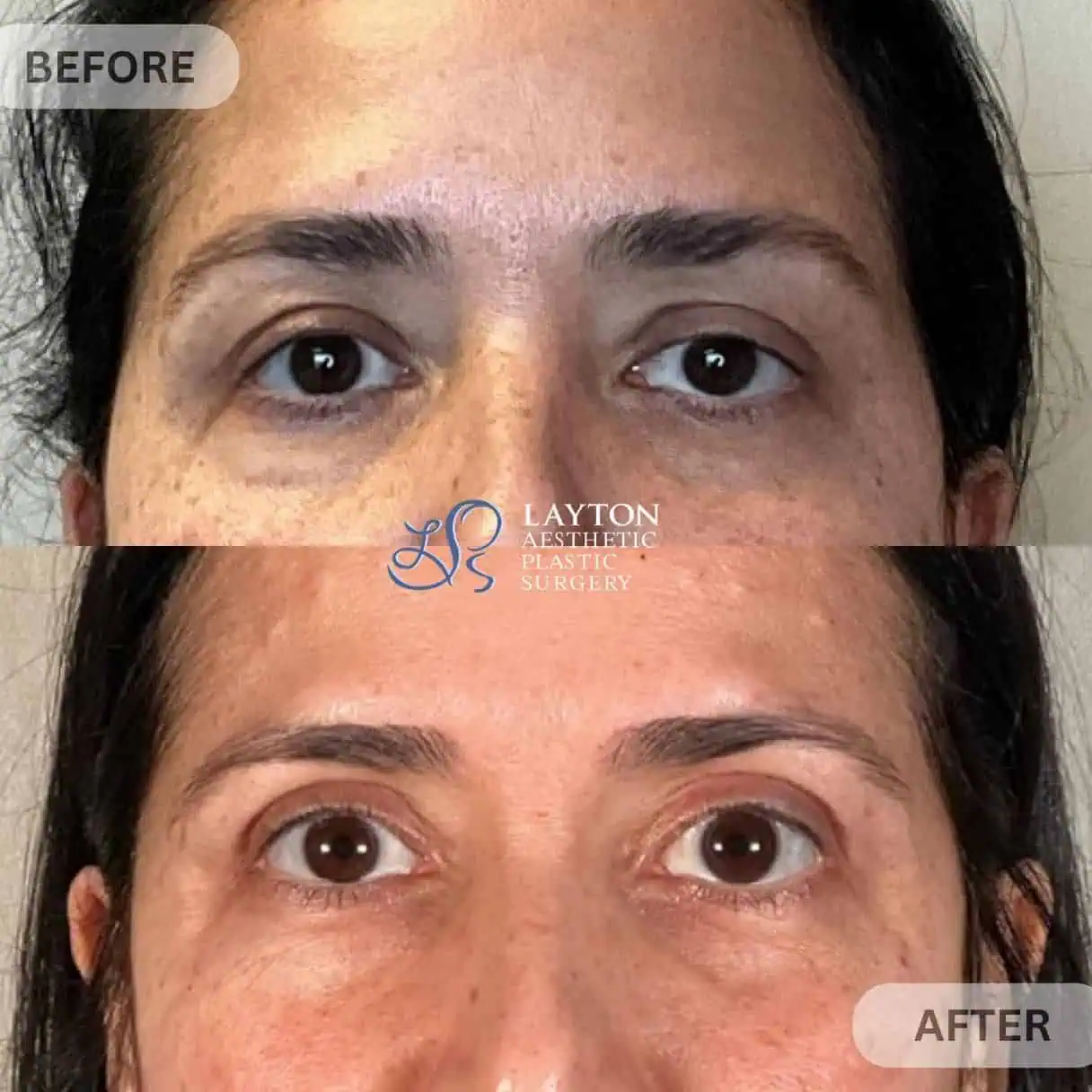
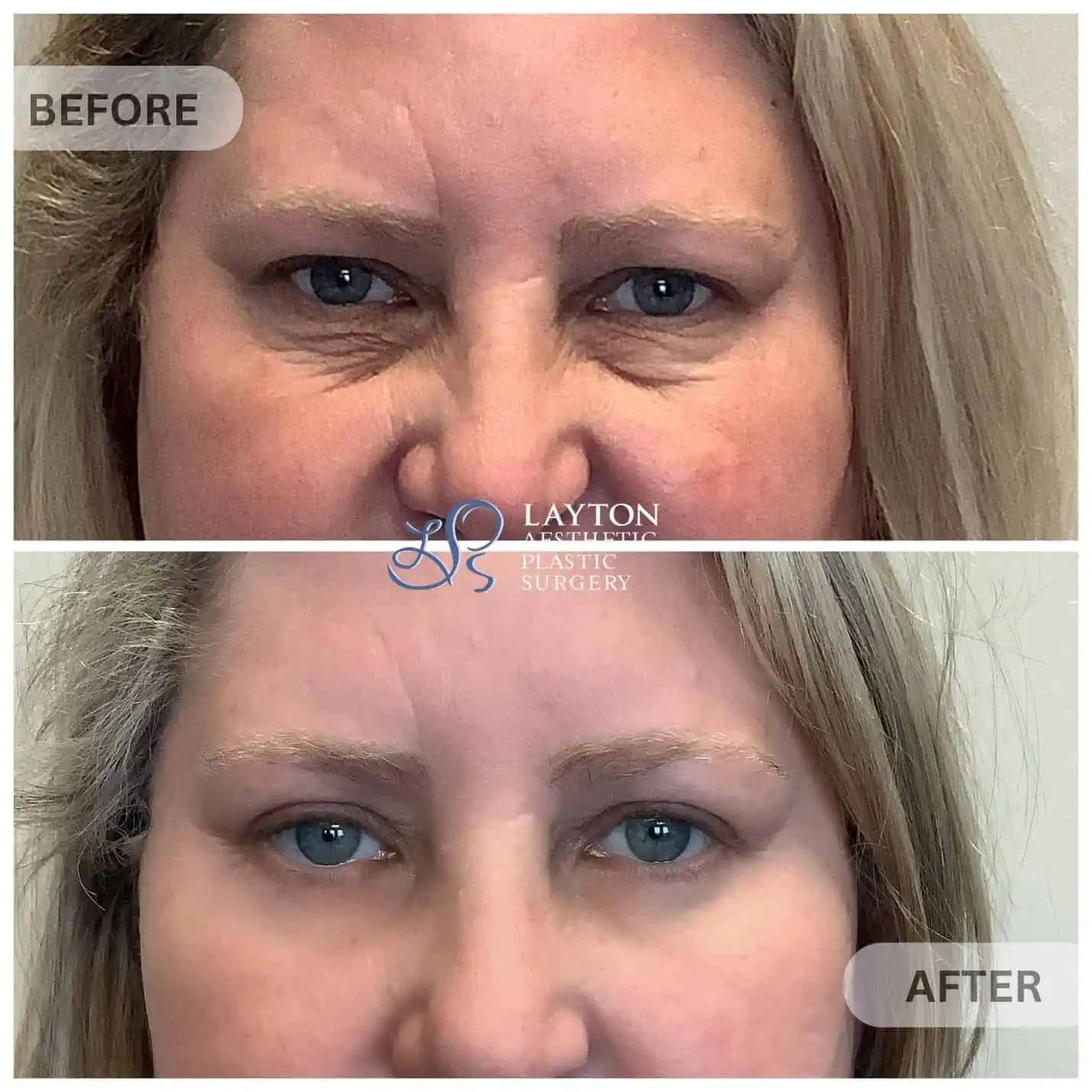

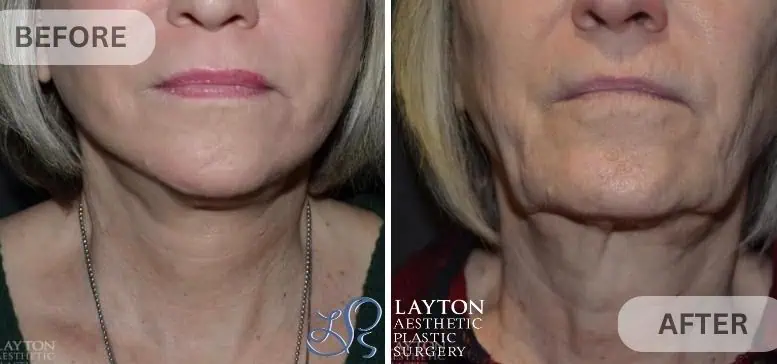
©2025 Layton Aesthetic Plastic Surgery, All Rights Reserved | Sitemap